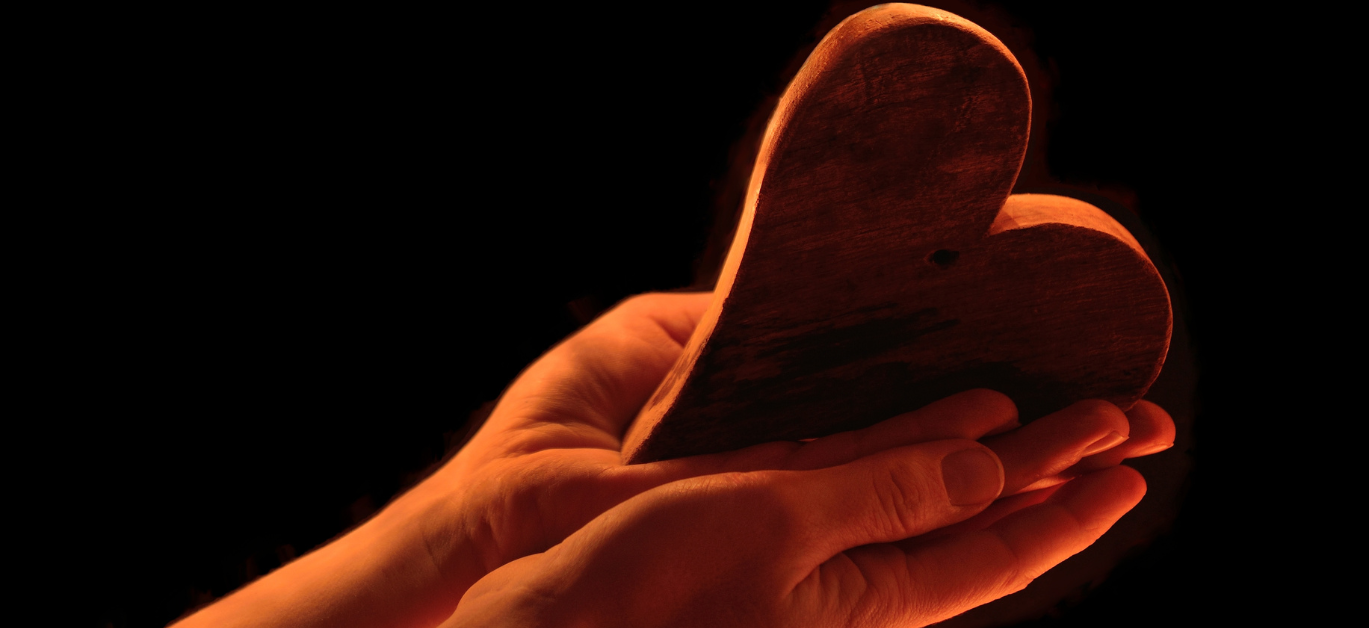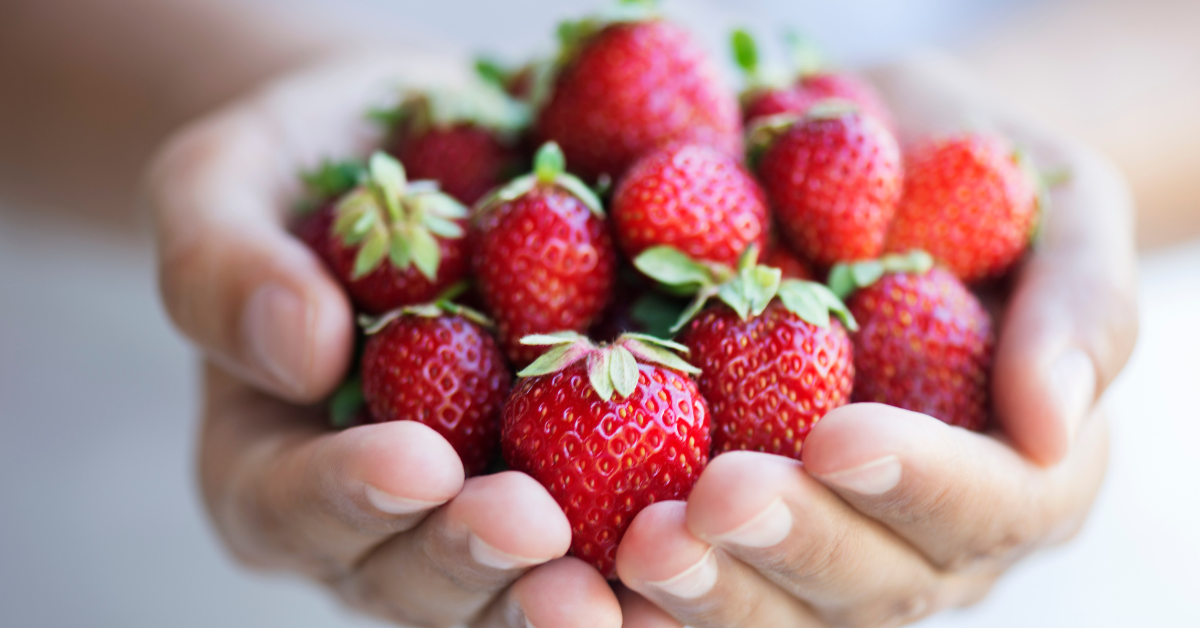From a legal point of view, legacy is what is left by will to someone who is not the main heir or something that is transmitted to another who comes next.
But from a biological-cultural point of view, it is common to understand one's children as one's greatest legacy.
In a way, it is: because genes are being transmitted to the future, through the continuity of the species, and passing on the entire genetic memory of all the ancestors in our lifeline.
In a way, biological children are a genetic legacy to the world.
And it is normal that when one is a father or mother, helping children grow is the most important task for you: they represent the continuity of your love, your values, and your way of life. And the way you educate is your legacy.
This happens when seen romantically.
The truth is that there are children who are born but are not wanted, there are children who are not loved, there are forms of love that are intoxicating, and there are values and ways of living that are by far not the healthiest to pass on to the next generations.
And some do not have biological children. By choice or biological constraint.
.And if there are no children, more out of biological constraint than a decision: the person may feel disoriented. As if there was no way to pass on the legacy.
And there is. In fact, with or without children, everyone has a legacy to pass on. This happens by the way we touch the lives of others.
And it can be through a quest. Or a purpose. Any passion.
1. How to heal the wounds then?
If you see that you need professional support: don't be shy about asking for help. In fact, it is far from being a shame: it is an act of courage. Courage to stand up to help yourself.
1. It’s possible that you are touching the lives of others (without even realizing it)
In the same way that sometimes we are positively affected by people we don't know, we also affect people we don't know.
And that's a form of legacy if the influence represents the way we have a perspective on something.
Examples? Several. Let's not even talk about the obvious ones, which are public or historical figures.
Everyone has someone in their life path who defines the way we see relationships, for example.
That couple of neighbors who seem to have an extraordinary intimacy in the little things: walking arm in arm, talking affectionately to each other, that image has remained impregnated in your DNA until today.
Because it made you believe that it is possible to have rewarding relationships, even if you grew up in a somewhat dysfunctional environment.
Or yet another example: that emblematic figure of the city who had built something that for you, as a child, represented an empire. And that person, even if you haven't met him personally: left you a legacy because he made you want and believe that it was also possible for you.
Only you know who has left you a “legacy” in a positive way since back from your childhood. That makes you believe in good things in life to this day.
See now? This new legacy perspective? And this happens unintentionally.
2. Your life matters: because you can be a legacy in itself
And that happens just by being alive.
It's not that we're going to live our lives depending on others' approval, but it's being aware that, directly or indirectly: we touch the lives of others.
And from that perspective: it makes us want to be the best possible version of ourselves, doesn't it?
Far beyond appearances: it becomes important to share the best in us, not our worst. Because directly or indirectly we are going to affect the lives of others…
It's a perspective.
And it's a way of seeing your attitudes, your life projects, in the form of a legacy.
What if you intentionally created a legacy?
3. Intentionally leaving a legacy
Many people do this (leaving material or cultural legacies) either because they inherited it from their family or because they decided to build a legacy. Notably.
But anyone can do this, intentionally, perhaps not as notoriously, but just as rewarding.
If you dedicate yourself to something that you love and share it with someone (and today the internet makes this possible in a very easy way): you are leaving a legacy.
How? Doing something you genuinely love. Call it purpose, call it mission. Whatever you want. As long as you do it from your heart space and share it with others.
Ok: you have family responsibilities, you have some activity that gives you income and it is not necessarily your passion, it does not inspire you or inspire others.
Find out what turns you on.
Discover your passion and dedicate yourself to it as a hobby, a part-time.

And that's how you intentionally leave a legacy: dedicate yourself to some passion and become an inspiration to others. Even if you don't know who you're inspiring. The legacy is yours because you are pouring out some passion and sharing it.
It could be your crush's diary, who knows?
And when you share with love: you touch other people's lives.
And it could be the love of mathematics, and statistics. Even if you don't know which heart you're touching.
It's like spreading magic, little pixie dust that falls on the heads of acquaintances and strangers. Your legacy.
Furthermore, if you have children, you are not putting so much (unfair) pressure on your children to have the responsibility of being the only reason for your pride and personal fulfillment. If your legacy is external and independent of them.
Your legacy, in addition, ad beyond your existing, dreamed, or even unborn children.
Each person is a legacy in itself.
Getting Better Every Day
Legacy Hugs
From Body&Soul!
References and Related Posts
Hey! I'm Eunice Veloso and you'll find more about me on my About Page
"In nature, nothing is lost, nothing is created, everything is transformed"
Antoine Lavoisier, 1789
The Law of the Conservation of Mass

